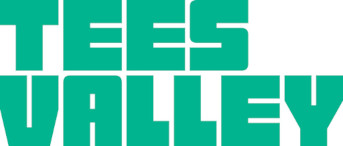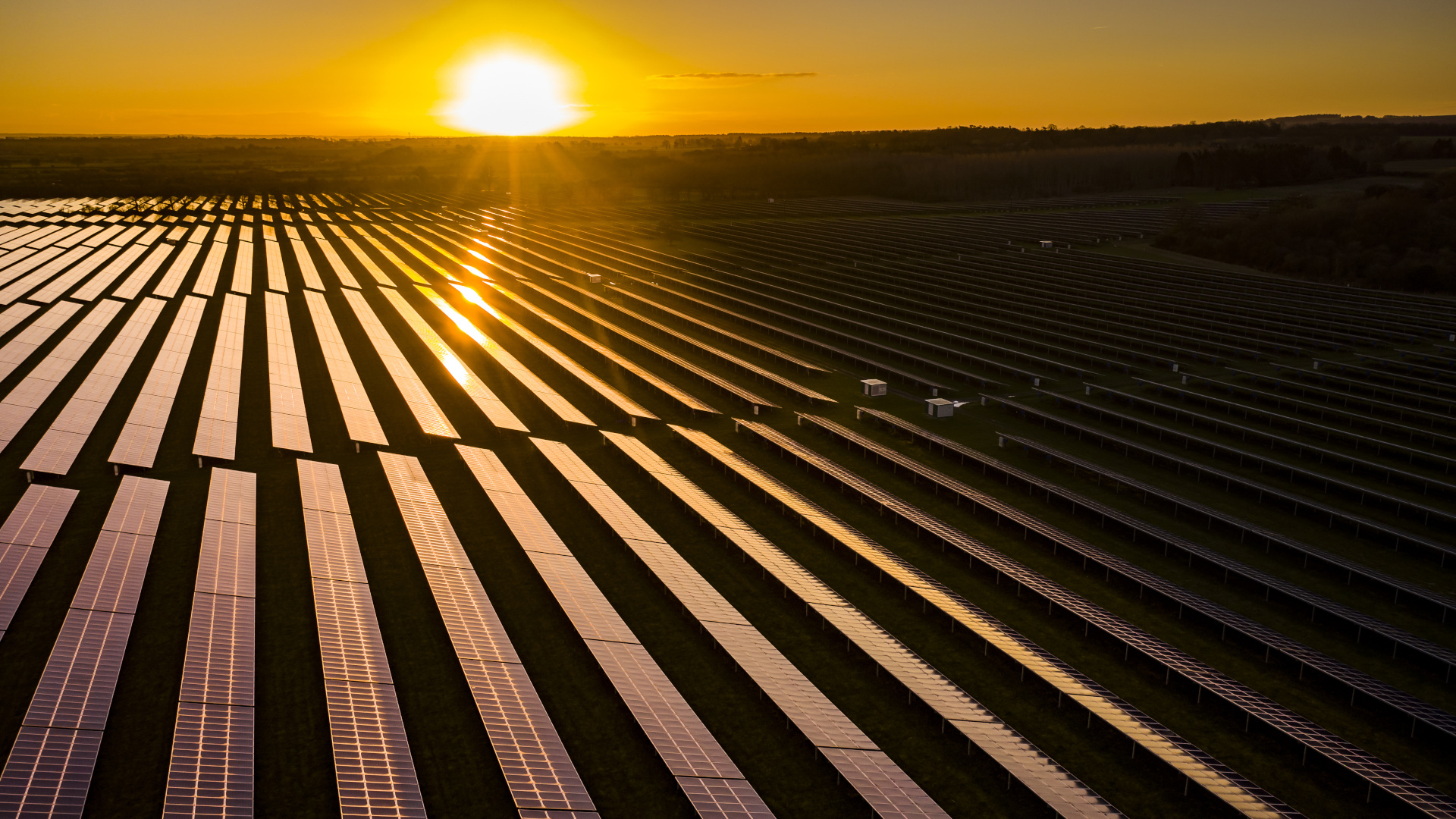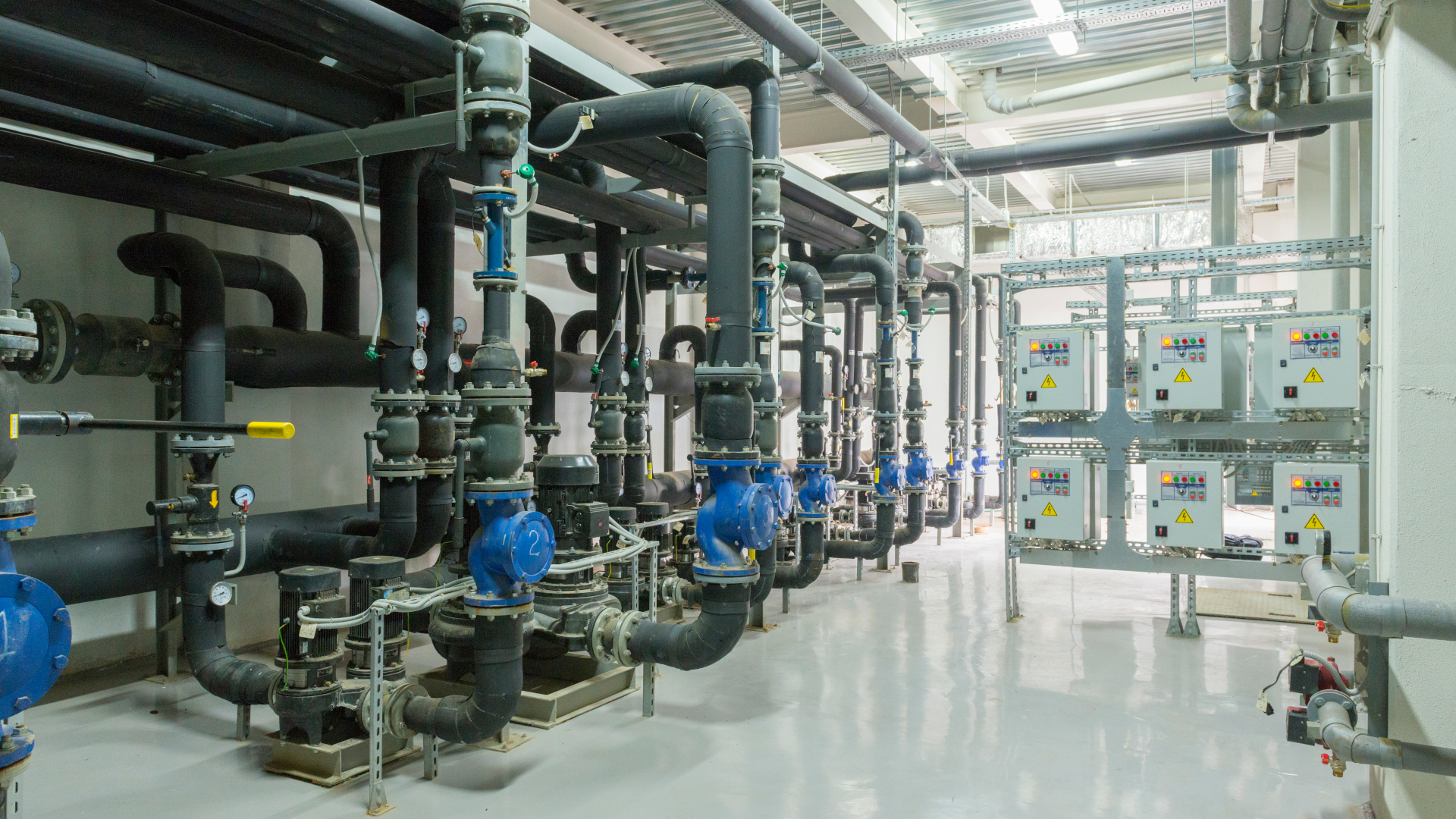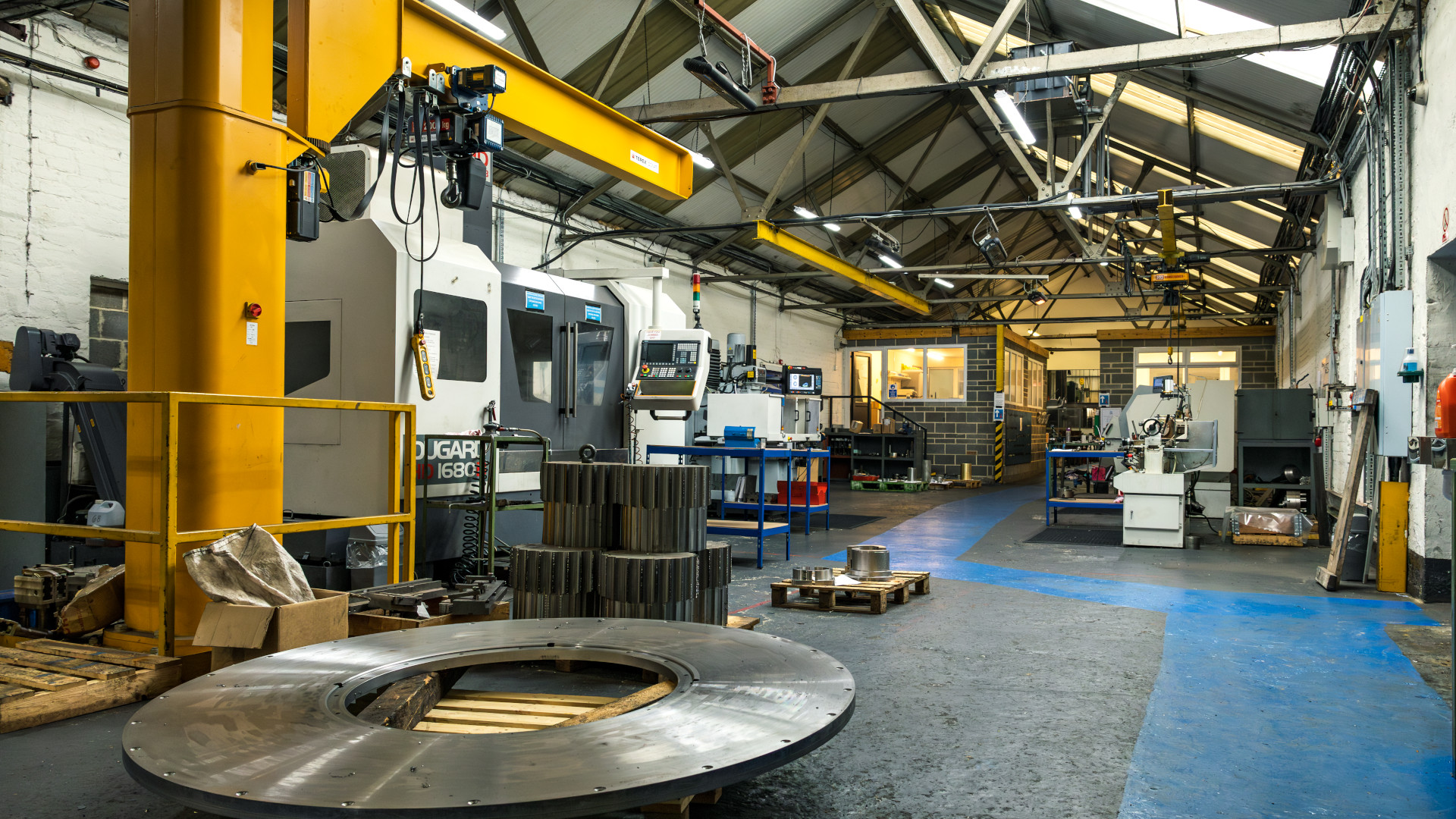Background: Tees Components Limited, a medium-sized company specialising in precision engineering and manufacturing, recognised the importance of energy efficiency and embarked on a mission to reduce energy consumption and carbon emissions. They participated in the SME Energy Efficiency Scheme (SMEES) and implemented two key energy-saving measures to achieve this. The project received support from the European Regional Development Fund (ERDF) as part of the European Structural and Investment Funds Growth Programme. Tees Components Limited underwent an energy efficiency assessment, which identified the following upgrades:
- LED Lighting and PIR Sensors: Tees Components Limited upgraded their lighting system by installing energy-efficient LED lighting fixtures and passive infrared (PIR) sensors. This combination ensured optimal lighting levels while minimising energy wastage in unoccupied areas.
- Solar PV Installation: Tees Components Limited installed solar photovoltaic (PV) panels to harness clean and renewable solar energy for electricity generation, reducing their dependence on traditional grid power and lowering operational costs.
Decerna, in collaboration with the client, facilitated the procurement process and provided grants towards the overall project costs of;
- LED Lighting and PIR Sensors: The project received a grant of £3,124.
- Solar PV: The project received a grant of £34,100.
Outcomes: The implementation of these energy-efficient upgrades resulted in the following outcomes for Tees Components Limited:
- Annual Cost Savings:
- LED Lighting and PIR Sensors: The installation of LED lighting and PIR sensor generated annual cost savings of £4,156.
- Solar PV: The solar PV installation contributed to annual cost savings of £6,826.
- Carbon Emissions Reduction:
- LED Lighting and PIR Sensors: The upgrade of LED lighting and PIR sensor led to a reduction of approximately 14.7 metric tons of carbon dioxide equivalent (tCO2e) emissions per year.
- Solar PV: The solar PV installation resulted in a decrease of around 34.8 tCO2e emissions annually.
- Grant and Payback Period:
- LED Lighting and PIR Sensors: A payback period of 0.6 years.
- Solar PV: A payback period of 4.1 years.
Conclusion: Tees Components Limited successfully implemented energy-efficient upgrades by participating in the SME Energy Efficiency Scheme. The LED lighting, PIR sensor installation, and solar PV system led to significant cost savings and contributed to reducing carbon emissions. Tees Components Limited exemplifies how medium-sized businesses can prioritise financial benefits and environmental sustainability by embracing energy-efficient solutions.
More Information
Please visit the overall case study for the project on the Decerna website here.
SMEES is part funded by the European Regional Development Fund (ERDF) as part of the European Structural and Investment Funds Growth Programme 2014-2020.









